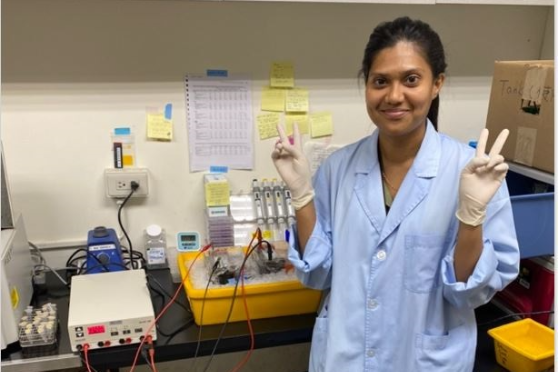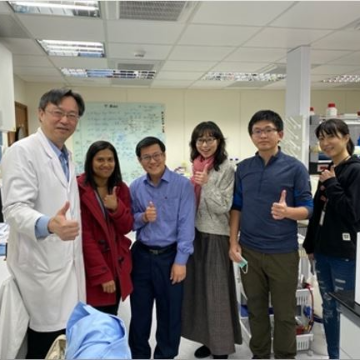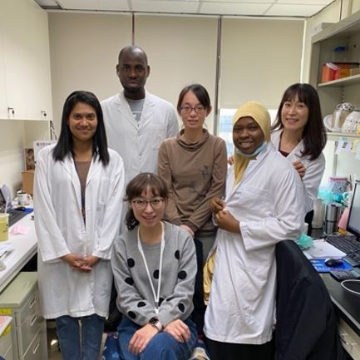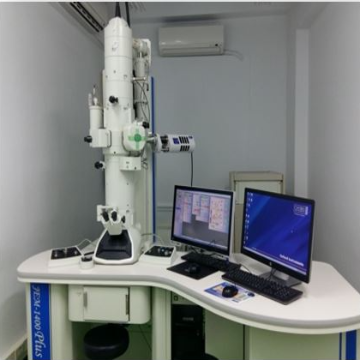Mutual Credit recognition programme UTAR- NYMU, testimonial by Ms Nalini PhD(Medical Science) candidate

What I’ve learned so far in both UTAR and NYMU?
During my master’s programme in FMHS, UTAR, I was given the opportunity to reprogramme Oral Squamous Cell Carcinoma (OSCC) into induce pluripotent stem cells (iPSCs). iPSC research is a hot topic in modern medicine especially when comes to regenerative medicines. These cell types are able to proliferate indefinitely in-vitro and differentiate into any cell of the body providing much potential for the treatment of various diseases. Along my postgraduate study, I was trained in both basic and advanced cell culture as well as molecular techniques. When I re-joined UTAR in 2018 as a PhD student, my work solely focused on transcriptome analysis of circRNA in Non-Small Cell Lung Cancer (NSCLC). In Taiwan, I utilized Osimertinib-resistant cell lines which were established via step-wise dose exposure to Osimertinib over 6months in specific culture condition. I further had the opportunity to learn bioinformatic analysis and proteomics in terms of identification and quantification of target signalling pathways. I was also allowed to use NYMU core research facilities such as the Confocal microscope and Transmission Electron microscope (TEM). All these wonderful experiences from both UTAR-NYMU have prepared me well to be a trained scientist in the future.



From Left: Lung Cancer Research Team heads by Prof Chiou Shih-Hwa, Prof Alan’s visit to NYMU in Dec 2019 and Transmission Electron Microscope from NYMU core facilities I’ve used in my study.
